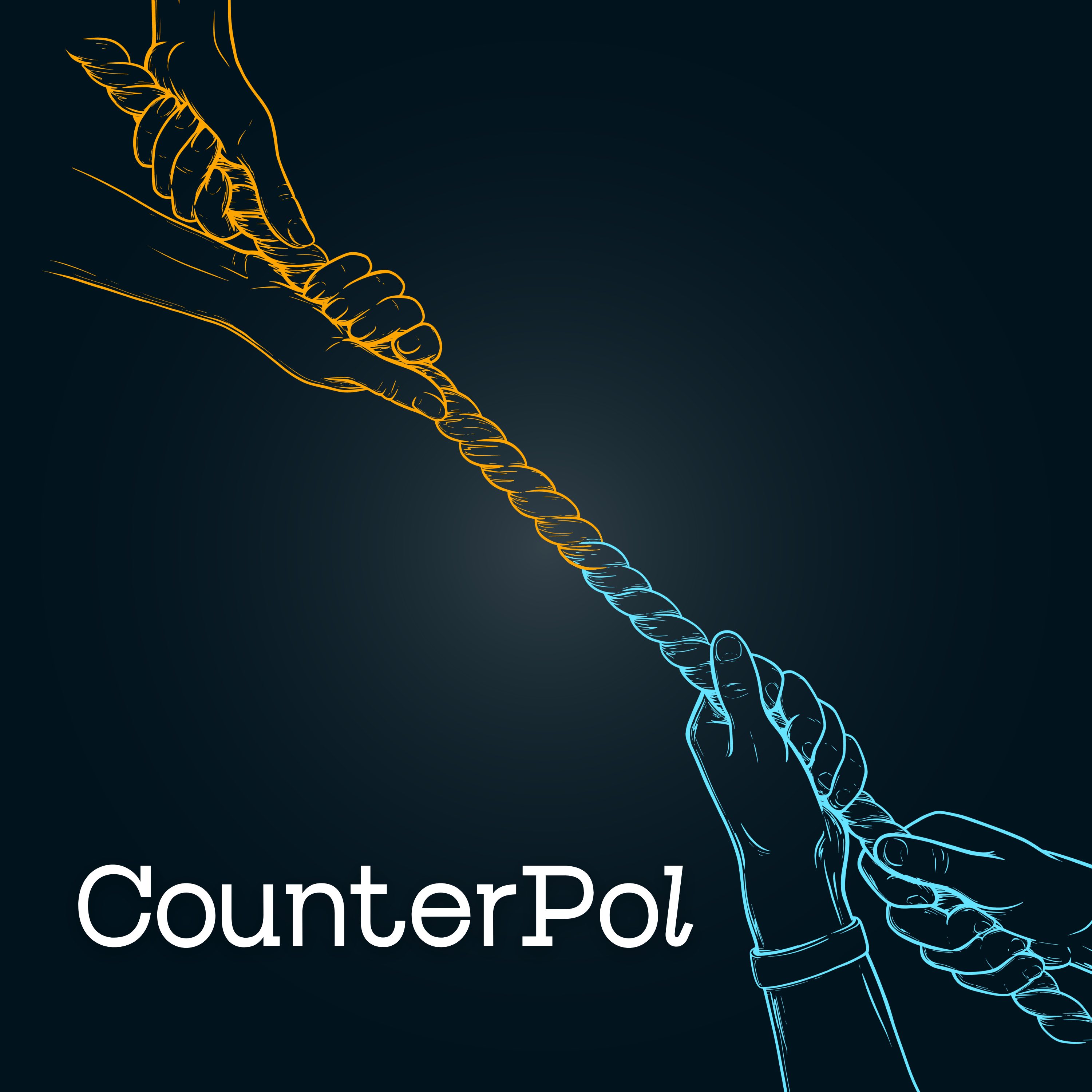Peace as an Active Goal with Jennifer Llewellyn
One of the markers of a deeply polarized society is an inability to talk with those outside one's political or social groups. There's a heightening of the "us versus them" dynamics that make any intergroup interactions undesirable or even impossible. This breakdown in communication contributes to the iterative nature of polarization; we spend more time sequestered in our in-groups and develop stronger animosities towards our out-groups. How, then, do we break this cycle?
Restorative Justice may have an answer to that.
Restorative Justice principles are used throughout the world as an alternative to punitive forms of justice and remediation. It brings victim and perpetrator together to communicate why the harm was committed and encourages all parties involved to participate in repairing the damage caused by said harm. In other words, these principles offer a framework for building lines of communication between polarized communities.
Jennifer Llewellyn is the Director of the Restorative Research, Innovation, and Education Lab, and Professor of Law at Dalhousie University in Nova Scotia. Jennifer explains how Restorative Justice shapes one's relationship to the community around them and reminds listeners of the agency they have in actively pursuing a less divisive relationship with those around them. We also talk about how punitive justice reproduces systems of inequality and the organizations that are bringing theory into practice in small and large ways.

